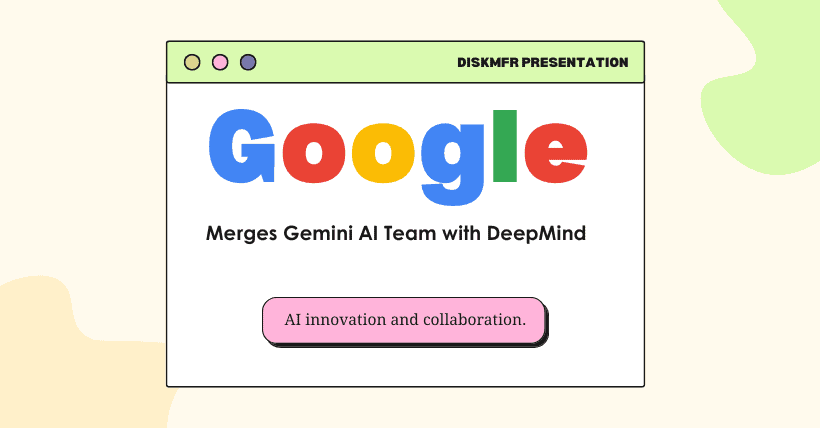October 22 news: Google CEO Sundar Pichai announced last Thursday that the team responsible for the company’s Gemini AI assistant application will be transferred to its DeepMind research lab, continuing the integration of the company’s various teams working in artificial intelligence.
In a blog post, Pichai stated that the company is streamlining its structure to “continuously accelerate the pace of AI development.” He also announced that Prabhakar Raghavan, the head of Google’s Search and Ads division, will step down from his position after four years of leading the company’s flagship business to become Google’s Chief Technology Officer.
Senior Google executive Nick Fox, who previously served as a deputy in Raghavan’s team, will take over leadership of the company’s Search, Ads, Maps, and Shopping services.
Although Google has long dominated the global search engine market, its efforts in launching generative AI tools and services over the past two years have been seen as lagging behind startups like Microsoft and OpenAI. To remain competitive in the new landscape, Google must carefully manage the expansion of its AI business to avoid disrupting its core revenue model. Pichai positioned this restructuring as a measure to accelerate the company’s growth in the AI sector.
IT Home noted that over the past six months, Google has been consolidating its AI-focused teams, aiming to improve the Gemini model to compete with companies like OpenAI and Anthropic. In April of this year, the company transferred its models, research, and responsible AI teams to the DeepMind division. Shortly after, DeepMind was merged with another research division within Google, Google Brain.
DeepMind was founded in 2010 in London as an academic research lab and was acquired by Google in 2014. In recent years, DeepMind has gradually shifted from being research-driven to product development-driven.
DeepMind’s VP of Product, Eli Collins, mentioned in an interview with Bloomberg last month that many top research labs, both within and outside Google, have now become product companies. He said DeepMind had to “speed up” to keep pace with AI innovation.
At the same time, Google faces increasing antitrust scrutiny from federal officials. In August, Google lost a lawsuit in which the U.S. Department of Justice accused the company of illegally monopolizing the online search and advertising market. Another trial regarding Google’s dominance in online ad-tech wrapped up in September, with a ruling expected by the end of the year.
Related:
- Edge vs Chrome: Which Browser Truly Comes Out on Top?
- Android 16 Cloud Build: Faster Software Installation
- Is Nuclear Power the Future of Advanced AI Development?

Disclaimer:
- This channel does not make any representations or warranties regarding the availability, accuracy, timeliness, effectiveness, or completeness of any information posted. It hereby disclaims any liability or consequences arising from the use of the information.
- This channel is non-commercial and non-profit. The re-posted content does not signify endorsement of its views or responsibility for its authenticity. It does not intend to constitute any other guidance. This channel is not liable for any inaccuracies or errors in the re-posted or published information, directly or indirectly.
- Some data, materials, text, images, etc., used in this channel are sourced from the internet, and all reposts are duly credited to their sources. If you discover any work that infringes on your intellectual property rights or personal legal interests, please contact us, and we will promptly modify or remove it.








